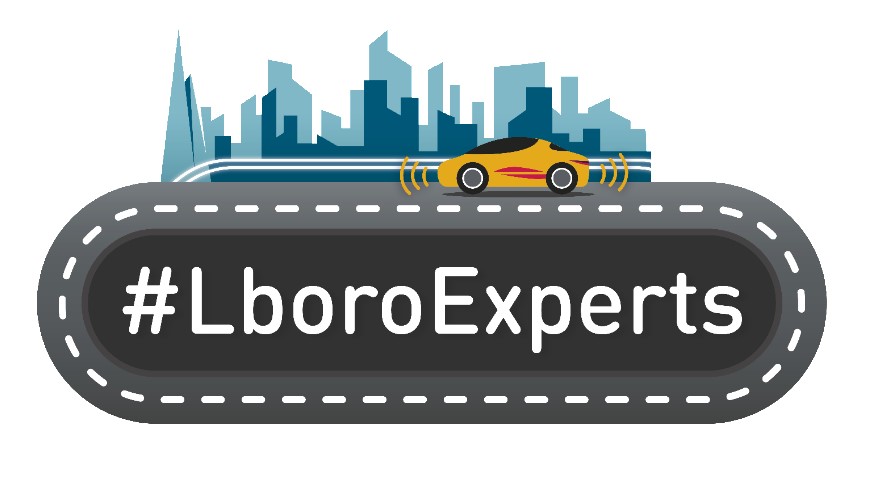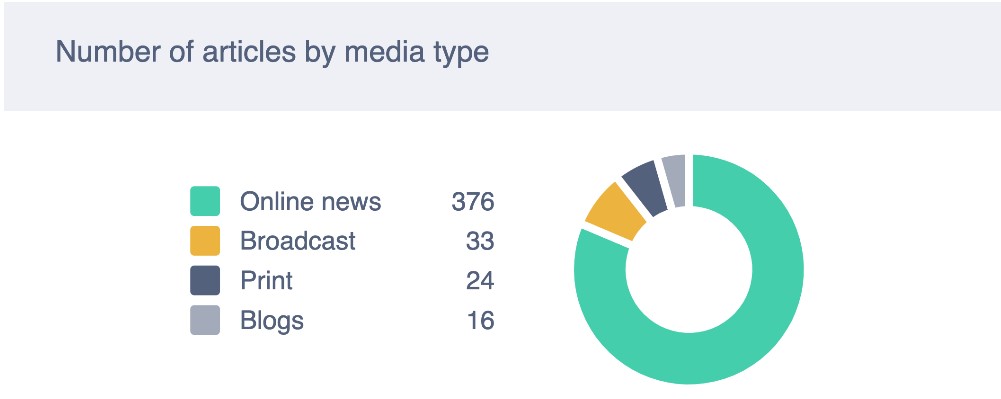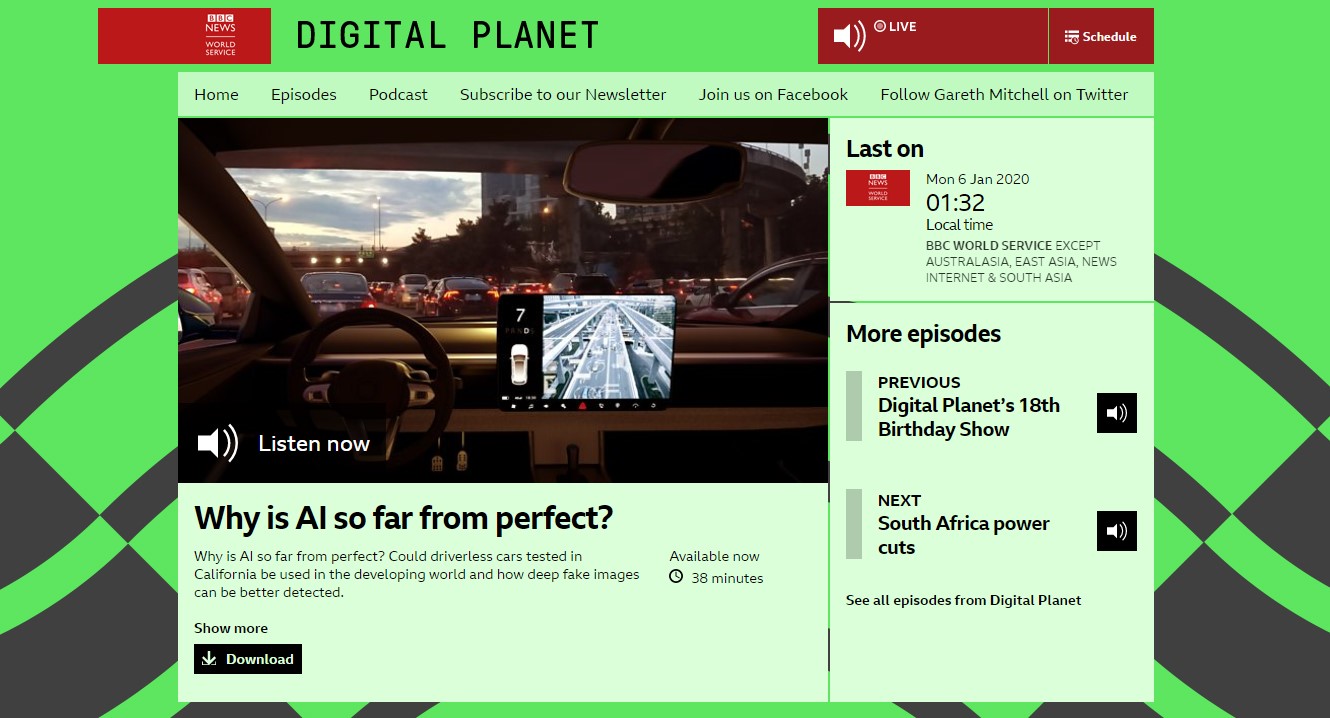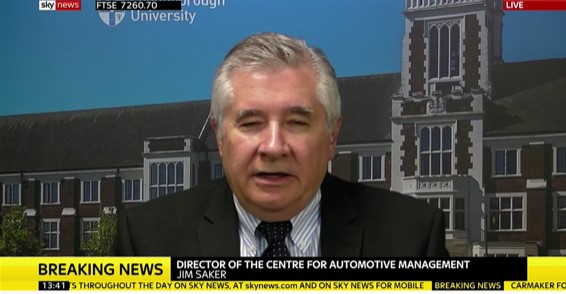24 Jan 2020
Time travel, laser-guided trains and e-bikes: Loughborough’s Future Transport PR campaign comes to a close
 The Future Transport campaign ran from September 2019 to January 2020
The Future Transport campaign ran from September 2019 to January 2020
A PR initiative aimed at raising awareness of the University’s work to improve the future of transportation has ended with more than 400 appearances in the media.
The Future Transport campaign was launched by Loughborough’s press team in September and has featured dozens of academics who have spoken and written about subjects including the potential of hydrogen fuel cells, time travel, laser-guided trains, e-bikes, vehicle safety and self-driving cars.
News about their research has appeared in publications such as the Guardian, the Telegraph, Wired, the Conversation, the Engineer, the Express and on BBC television.
In total, 449 news items were generated.

Some of the best performing pieces, in terms of audience engagement, included Dr Varuna De Silva’s research into AI featuring on the BBC’s Digital Planet series.
The Loughborough University London academic is developing algorithms that will allow AI to think and respond to dynamic environments – such as complicated road junctions – much faster than any human is able to.
Professor Andrew Morris and Professor Gary Page contributed to a Metro article about flying cars.
The campaign also included the announcement of Loughborough’s involvement in the ViVD project - a £39m Ford project that looks to bring the next generation of electrified vehicles to the market faster.
There was also the Virgin Media Park & Charge project.
Another highlight was Ask an Expert, in which members of the public posed a wide variety of questions to five Loughborough academics.
Professor Andrew Morris, Professor Martin Passmore, Professor Jin Xuan, Dr Tracy Ross and safety expert Dr Ashleigh Filtness, who received a huge amount of media coverage for her work with Transport for London on bus driver fatigue.
Among the queries were questions about the possibility of time travel, the safety of flying cars and the future of drink driving.
Dr Chris Ward rethought 200 years of railway technology and redesigned the guidance mechanism – adding lasers – that keeps carriages on the track.

Other media appearances as part of the campaign included:
- Dr Andrew Timmis talking to Wired about improving the carbon footprint of airlines.
- Dr Alister Smith explaining how to detect subterranean infrastructure collapse to the Engineer.
- Professor Marcus Enoch predicting what public transport will look like in the future in the Conversation (US and UK), Quartz and the Engineers Journal.
- Loughborough students telling the Telegraph about e-bike innovations.
- Professor Andrew Morris (again) explaining why it’s easier to pass a driving test in the Highlands.
- Dr Joanna Boehnert writing in the Conversation about how 'Techno-fix futures will only accelerate climate chaos'.
- Professor Jim Saker talking about Nissan profits to Sky News.
- Professor Duncan Walker discussing electric planes and why they won’t solve flying’s CO₂ problem in the Conversation, Metro UK and Interesting Engineering.
- Dr Ashley Fly announcing how he and a team of researchers hope to create an electric vehicle that can withstand India’s unforgiving heat in the Engineer a number of Indian publications.
The global audience reach of these stories – and the 400+ others – has been estimated at close to 60 million views.

Loughborough’s PR team is planning on launching a new campaign in March centred in research involving children and young people.
If you have any projects which could feature please get in touch via: publicrelation@lboro.ac.uk and mark the email Children and Young People Campaign.
ENDS












